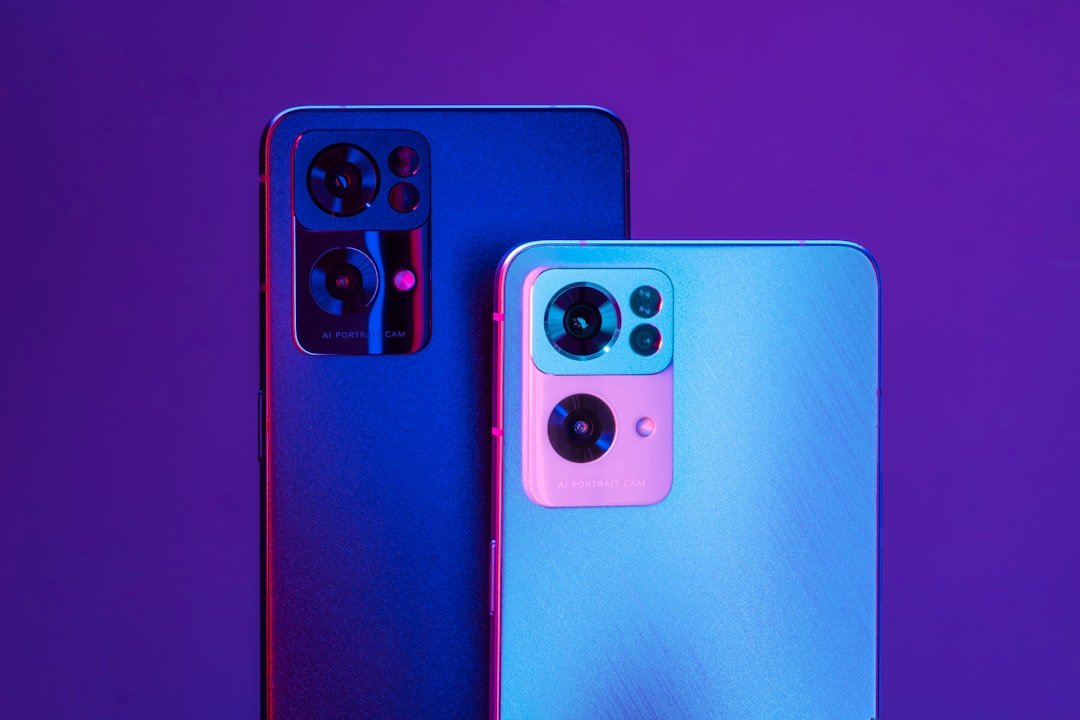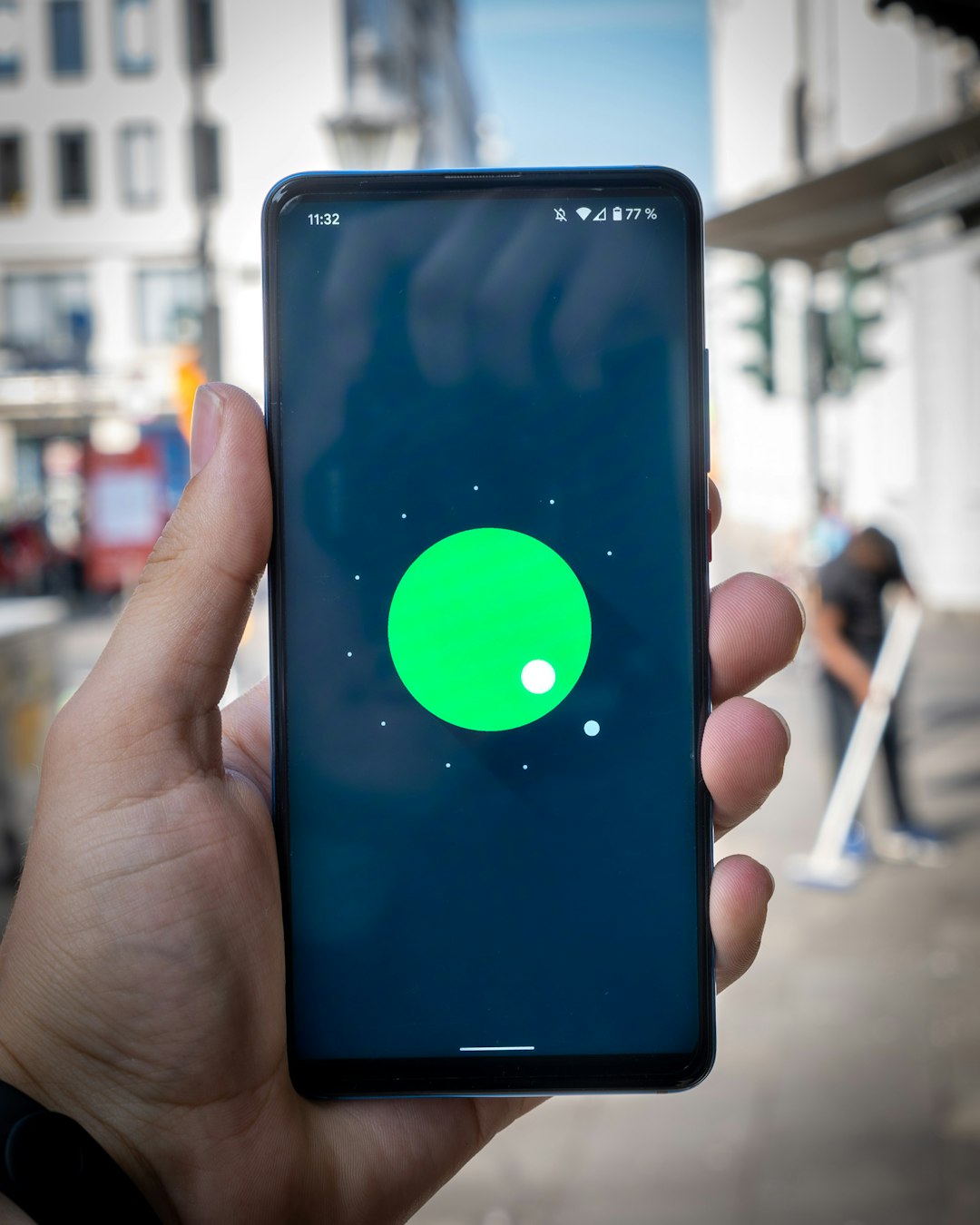Robocall Lawyer North Carolina residents can combat unwanted automated calls through legal protection and advanced call blocking tools. Professionals guide individuals on blocking calls, filtering algorithms identify spam, and built-in app features protect against intrusive robocalls, fostering a safer communication environment.
In today’s digital era, North Carolinians face a pervasive issue with robocalls. These unwanted calls not only disrupt daily life but also pose legal concerns. This article explores strategies to combat this nuisance, focusing on the legal rights of North Carolina residents and the role of mobile carriers in blocking robocalls. We’ll delve into effective call protection methods and provide insights for individuals seeking relief from relentless robocallers, even consulting with a robocall Lawyer North Carolina when necessary.
Understanding Robocalls in North Carolina

Robocalls, automated phone calls from unknown numbers, have become a persistent nuisance across the United States, including North Carolina. While many businesses use robocall technology for legitimate marketing purposes, it’s often abused by scammers and telemarketers, leading to frustration among recipients. In North Carolina, as in many states, these unwanted calls are a significant concern for residents and businesses alike.
North Carolina consumers have the right to protect themselves from excessive or fraudulent robocalls. A robocall lawyer in North Carolina can guide individuals on how to navigate consumer protection laws and block these calls effectively. By understanding their rights and available resources, North Carolina residents can take proactive measures to minimize the impact of robocalls, ensuring a more peaceful and secure communication experience.
Legal Rights Against Unwanted Calls

In North Carolina, residents have legal rights against unwanted calls, particularly from automated or prerecorded messages known as robocalls. These calls, often used by telemarketers and debt collectors, can be intrusive and frustrating. According to state laws, carriers must implement measures to block or filter out such calls, providing subscribers with some protection.
If you’re experiencing an excessive number of robocalls, consulting a robocall lawyer in North Carolina might be beneficial. Legal experts can guide you on how to assert your rights, file complaints, and even seek damages if necessary. Understanding your options is crucial in navigating this modern-day frustration effectively.
How Mobile Carriers Block Spam Calls

Mobile carriers in North Carolina have implemented various methods to combat the nuisance of robocalls, particularly those from spam call sources. One of the primary tools at their disposal is advanced call filtering and blocking technology. These systems utilize sophisticated algorithms to analyze incoming calls and identify patterns associated with spam or fraudulent activities. By learning from a vast database of known spammer numbers, these filters can automatically block or redirect suspected robocalls before they reach the caller’s phone.
A robocall lawyer in North Carolina might suggest that consumers often benefit from built-in call blocking features on their smartphones. These features allow users to customize their privacy settings, blacklisting specific numbers or types of calls. Additionally, many carriers offer dedicated apps or services that enhance call management, providing users with real-time control over the calls they receive. Such measures empower North Carolina residents to protect themselves from unwanted spam calls and ensure a safer, more secure communication experience.
Effective Strategies for Call Protection

In the ongoing battle against robocalls, North Carolina residents now have powerful tools at their disposal thanks to advanced call protection features offered by many mobile carriers. These strategies are designed to safeguard consumers from unwanted and often fraudulent calls, especially when targeted by a robocall lawyer in North Carolina. One effective method involves utilizing caller ID and blocking lists, allowing users to identify and block specific numbers. Many carrier apps offer pre-installed blocking functions that learn from user feedback, continuously refining their ability to recognize and filter out spam calls.
Additionally, implementing do-not-call lists registered with the Federal Trade Commission (FTC) is a robust defense. Subscribers can also take advantage of automated call filtering technologies that analyze call patterns and block numbers associated with high robocall activity. By combining these strategies, North Carolina residents can significantly reduce the volume of intrusive calls, ensuring a quieter and safer communication environment.






